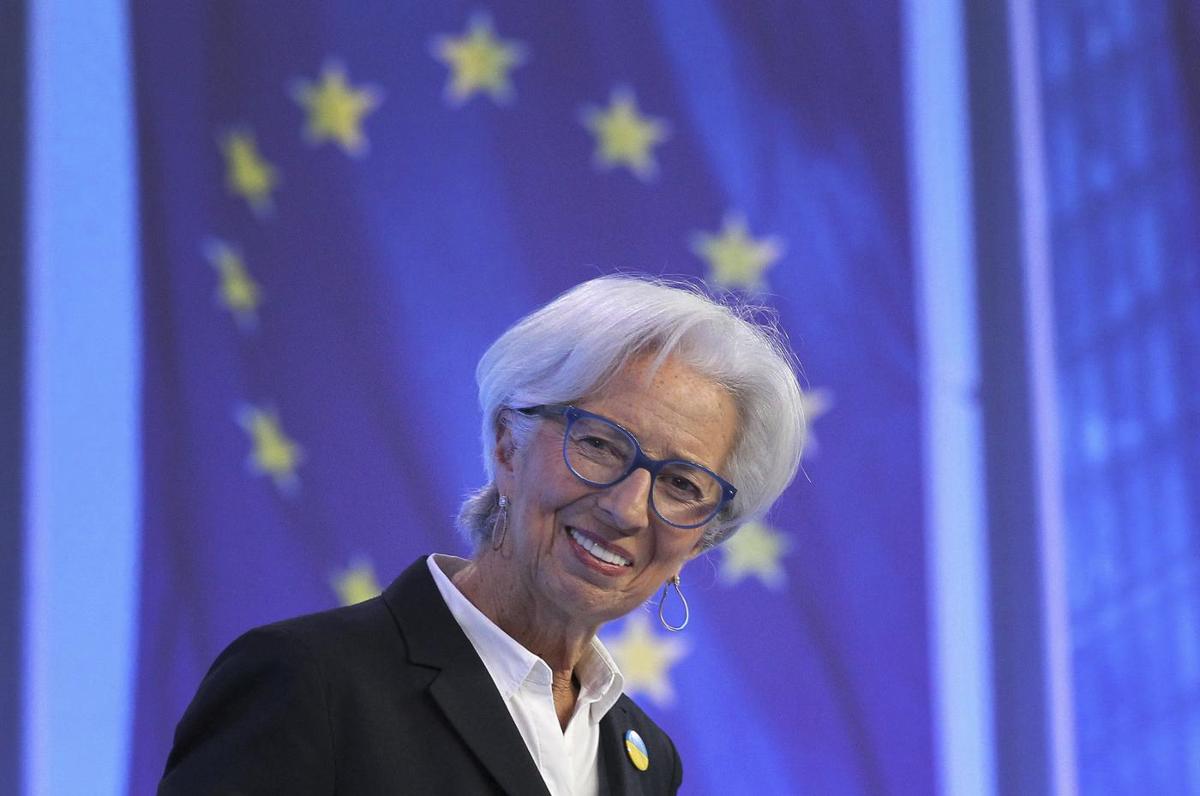ECB and inflation, that’s why consumers pay the price for monetary policy failures. The comment
Do you know when radar was invented? In 1904 perfected then during the Second World War. What does the radar have to do with the economy and finance? It has a lot to do with it. The President of the ECB Lagardeendorsed by its board and not only, in the month of March it wanted, not giving a damn about the signs of a monthly decrease in inflation and the price of energy products, raise the interest rate bringing it to 3.5%.
What does it mean for Italy? An outlay, for companies, of 35 billion euros in interest expense more than in 2022. Do you know who will pay for this rambling increase? The consumer because he is the last in the consumption chain, decreased by 3.7% in purchasing capacity, also due to wages that did not have adequate increases. In practice the quantity theory of money of Irving Fischer (1867-1947) as follows: MV=PQwhere: M= currency in circulationV= velocity of circulation (i.e. the number of passages that, in the period considered, the currency undergoes)P= general price levelQ= quantity of goods and services exchanged in a given period FISHER AND THE QUANTITATIVE THEORY OF MONEY (ospeca.org) is not even taken into consideration (if it is known). Well we can say that the ECB is like a battleship that navigates on sight, therefore without using the radar.
What does all this imply? When there is an excess of money there is an increase in inflation, but in our case an increase in the cost of money, including government bonds, are shaken twice: those at variable rate a percentage increase, while for fixed-rate bonds a depreciation in the quotation, for example BTP 2.5% Sept. 2050 loses more than 50 cents compared to the market value: from €125.310 on 22 December 2020 to €71.180 on Friday 7 April 2023 (perhaps it could be an opportunity to buy them). To conclude comes to mind Andrew Jackson (1767-1845), VII US President, who opposed the twenty-year renewal of the National Bank because he considered it contrary to America’s ideals; he basically said NO to a Central Bank. If we then take into consideration the behavior of recent years, we ask ourselves: if the ECB does not answer to anyone for its work, why do we keep it?
Subscribe to the newsletter
